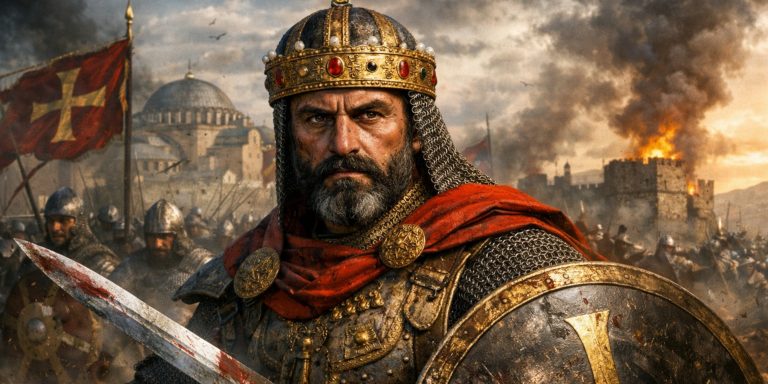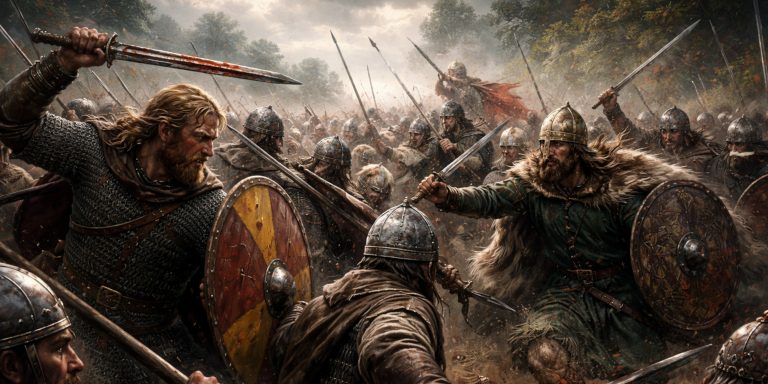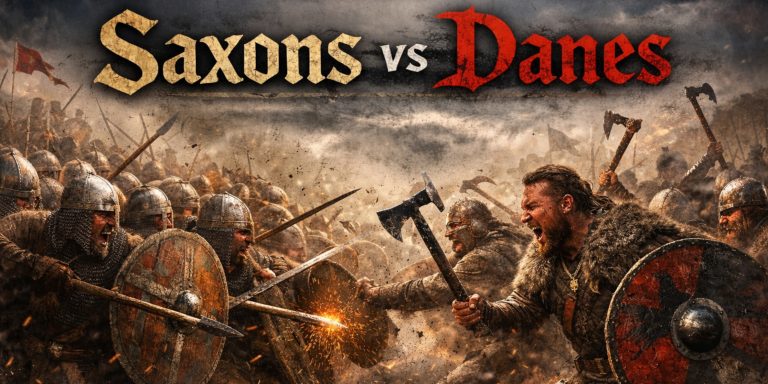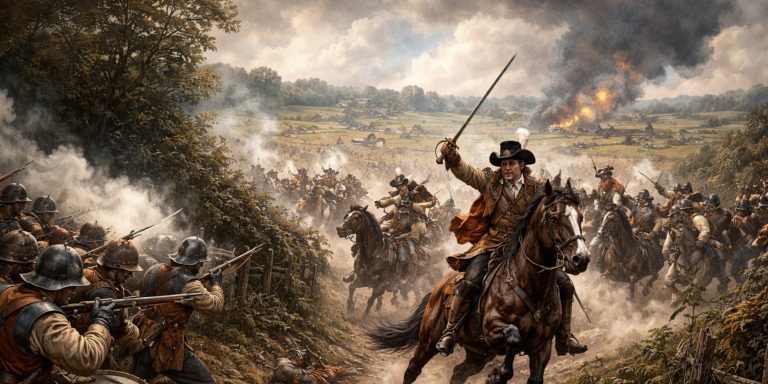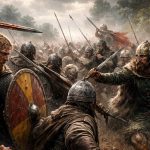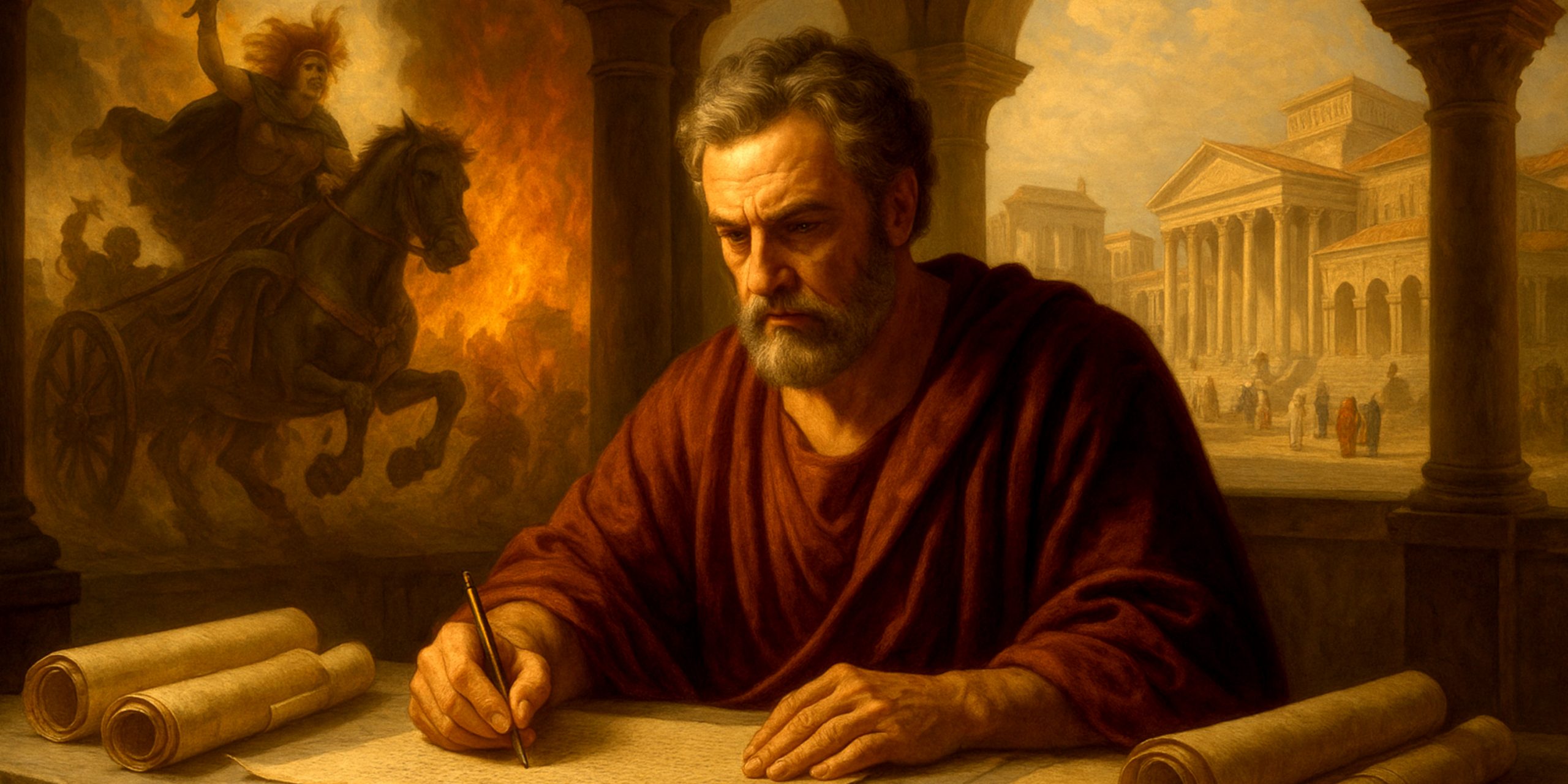
Cassius Dio stands as one of Rome’s most meticulous chroniclers. A senator, consul, and historian, he straddled the line between political participant and observer. Writing in Greek for a Roman audience, Dio preserved not just events but the psychology of power in an empire that often devoured its own. His Roman History, spanning from Aeneas to the reign of Alexander Severus, remains one of the few near-continuous narratives of Rome’s transformation from Republic to Empire.
Early Life and Political Career
Cassius Dio Cocceianus was born around AD 155 in Nicaea, in the province of Bithynia (modern-day Turkey). He came from a prominent family: his father, Cassius Apronianus, served as a governor under several emperors. Dio himself would later follow a similar trajectory, serving as a senator and twice as consul, once under Commodus and again under Severus Alexander.
His career gave him access to the very heart of imperial administration. He served in various provinces, including Africa and Dalmatia, gaining first-hand exposure to the inner workings of Roman power. This blend of political service and intellectual ambition placed him in the rare position of understanding Rome both from its marbled Senate halls and its restless frontiers.
The Roman History
Dio’s life’s work, the Historia Romana, comprised 80 books covering nearly a millennium of history. He wrote in Greek, the language of scholarship, but his subject was Rome’s rise and the corruption of its ideals.
- Scope: From the mythical founding of Rome to AD 229
- Volumes: 80 (though many survive only in fragments or summaries by later scholars such as John Xiphilinus and Zonaras)
- Perspective: Stoic in tone, pragmatic in analysis, and sometimes disillusioned
Dio’s writing offers moral and political reflection, a kind of weary philosophy born of proximity to power. His accounts of figures like Julius Caesar, Augustus, and Commodus are layered with subtle judgement and irony. When Dio writes of tyranny, one senses he is not just analysing history but warning future generations.
Historic Events and Episodes
Cassius Dio’s Roman History covers some of the most dramatic moments in Rome’s past. Many of his narratives have become the standard version of events for later historians.
Key events he recorded include:
- The Rise of Julius Caesar and the Fall of the Republic: Dio details the shifting alliances, the dictatorship of Caesar, and the Senate’s uneasy role in the Republic’s demise. His analysis of Caesar’s ambition reflects both admiration and alarm.
- The Reign of Augustus: Dio paints the first emperor as a shrewd manipulator of image and legality, building autocracy beneath the façade of republican restoration.
- The Boudican Revolt (AD 60–61): One of Dio’s most famous accounts, he describes Boudica, queen of the Iceni, as a fierce and commanding figure leading a massive uprising against Roman rule in Britain. His depiction includes vivid detail of her speeches, the burning of Londinium, and the brutal Roman retribution. Though sensational in tone, it remains one of the primary sources on the revolt.
- The Great Fire of Rome (AD 64): Dio gives a measured account of the fire and Nero’s response, noting the rumours of imperial arson and the scapegoating of Christians.
- The Year of the Four Emperors (AD 69): His surviving fragments chronicle the chaos following Nero’s death, detailing the brief reigns of Galba, Otho, Vitellius, and finally Vespasian.
- Hadrian’s and Antoninus Pius’ Reigns: Dio offers insight into the relative calm and reformist tendencies of these emperors, contrasting them with the excesses that followed.
- The Madness of Commodus: Dio’s account of Commodus’ reign, which he witnessed directly, is among the most damning portraits of imperial delusion ever written. His disgust at Commodus’ self-identification with Hercules and his gladiatorial obsessions is palpable.
- The Civil Wars under Septimius Severus: As both participant and observer, Dio documented the internal conflicts that defined the Severan dynasty, offering crucial context on how militarisation eroded senatorial influence.
Style and Historical Method
Dio’s prose is deliberate, at times severe, and often coloured by the moral conservatism of the Roman senatorial elite. He is less poetic than Livy, less caustic than Tacitus, yet no less perceptive.
His method was analytical rather than anecdotal. He balanced sources from official records, earlier historians, and personal observation. Where others might dramatise, Dio dissects. The result is a narrative that is both dry and devastatingly clear.
Still, Dio’s objectivity is not absolute. His biases toward the senatorial class, his suspicion of the mob, and his disdain for imperial excess all shape his lens. Yet it is precisely these prejudices that lend his work its historical personality.
Life Under the Severans
Dio’s later years coincided with the Severan dynasty, a period of militarisation and intrigue. He served under Septimius Severus, Caracalla, and Severus Alexander, witnessing the empire’s gradual decay from within.
As consul in 229, Dio’s health was failing, and his experience in office was marred by political tension. He retired to his native Bithynia, exhausted by the empire he had so diligently recorded. There, he continued revising his work until his death, sometime after AD 230.
Legacy and Reception
For modern historians, Dio’s Roman History is indispensable. It provides first-hand political commentary that bridges the analytical gap between Tacitus and later chroniclers like Herodian. His work influenced Byzantine historians and Renaissance scholars who sought to reconstruct Rome’s political evolution.
- Surviving Fragments: Roughly one-third of the original text survives in full.
- Preserved By: Excerpts and summaries in later Byzantine works.
- Modern Value: A unique senatorial perspective on imperial authority and governance.
While Dio is often overshadowed by the stylistic flair of Tacitus or the romanticism of Livy, his calm precision offers a different sort of power. His Rome is not a stage for heroes and villains but a living organism, one struggling against its own ambitions.
The Seven Swords Takeaway
Cassius Dio remains one of the few ancient historians who truly understood both the grandeur and the rot of Rome. He chronicled an empire from the inside, guided by duty, intellect, and a sense of weary realism. His Roman History captures everything from the flames of Boudica’s rebellion to the marble corridors of Severan intrigue.
For any historian, Dio’s lesson endures: to write is to preserve truth amid the ruins.
Watch one of his chronicles:


